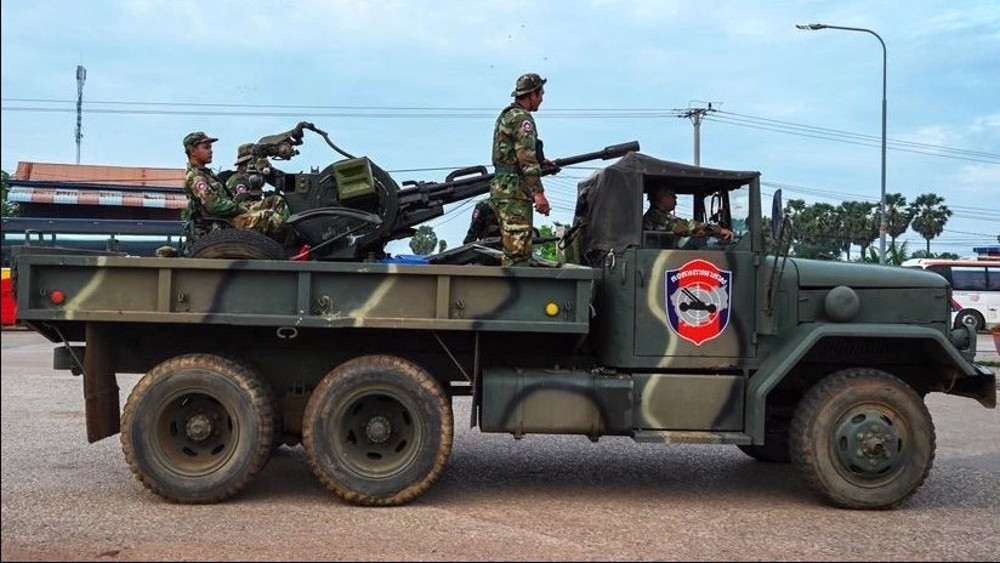US, UK, Israel behind partition of Sudan: Analyst
South Sudan's President Salva Kiir Mayardit has called for a ceasefire and a national dialogue to put an end to the three-year-long civil war in the country. He, however, did not offer much detail on how a truce would work with multiple opposition groups across the country. This is while the United Nations says South Sudan may plunge into a widespread ethnic conflict that could affect the stability of the whole region.
Abayomi Azikiwe, editor of Pan-African News Wire, believes the situation in South Sudan is “urgent”, adding that the split between former vice president Riek Machar and President Salva Kiir has taken on a regional as well as ethnic dimension.
“President Salva Kiir has called for national dialogue. He has also called for the intervention of regional states. The United Nations Human Rights Council in their hearing has likened the situation to what happened in Rwanda some 23 years ago. The government feels that is an overstatement. Nonetheless, there are serious problems inside the country,” the analyst told Press TV.
However, he said, it was the United States, Israel, and Britain that actually pushed for the partition of Sudan in 2011, which is proving to be an “unsustainable state.”
Azikiwe further noted that oil reserves were the reason why the country was partitioned, arguing that the economies of both Sudan and South Sudan are suffering as a result of it.
“The Republic of Sudan was emerging as a major oil producing state during the last decade and of course with the split, this has hampered the capacity of both the Republic of South Sudan as well as the Republic of Sudan … to profit and to utilize the oil resources for development. This is coupled of course with the decline in oil prices on the regional and international market,” he stated.
South Sudan gained independence in July 2011, but descended into war in December 2013, after President Kiir accused the former vice president, Machar, of plotting a coup.
Numerous international attempts to reach a truce between the warring sides have failed.
Enemies of Ummah seek to expand war, Pezeshkian tells Erdogan
VIDEO | Press TV's news headlines
VIDEO | New wave of Israeli strikes on Lebanon as US suspends ceasefire mechanism
VIDEO | Israeli regime kills three more Palestinian journalists
Canada prime minister hits back at Trump's remarks
Lebanese journalist summoned to court for criticizing president
‘The Voice of Hind Rajab’ receives Oscar nomination
VIDEO | Foreign-backed terrorism in Iran














 This makes it easy to access the Press TV website
This makes it easy to access the Press TV website